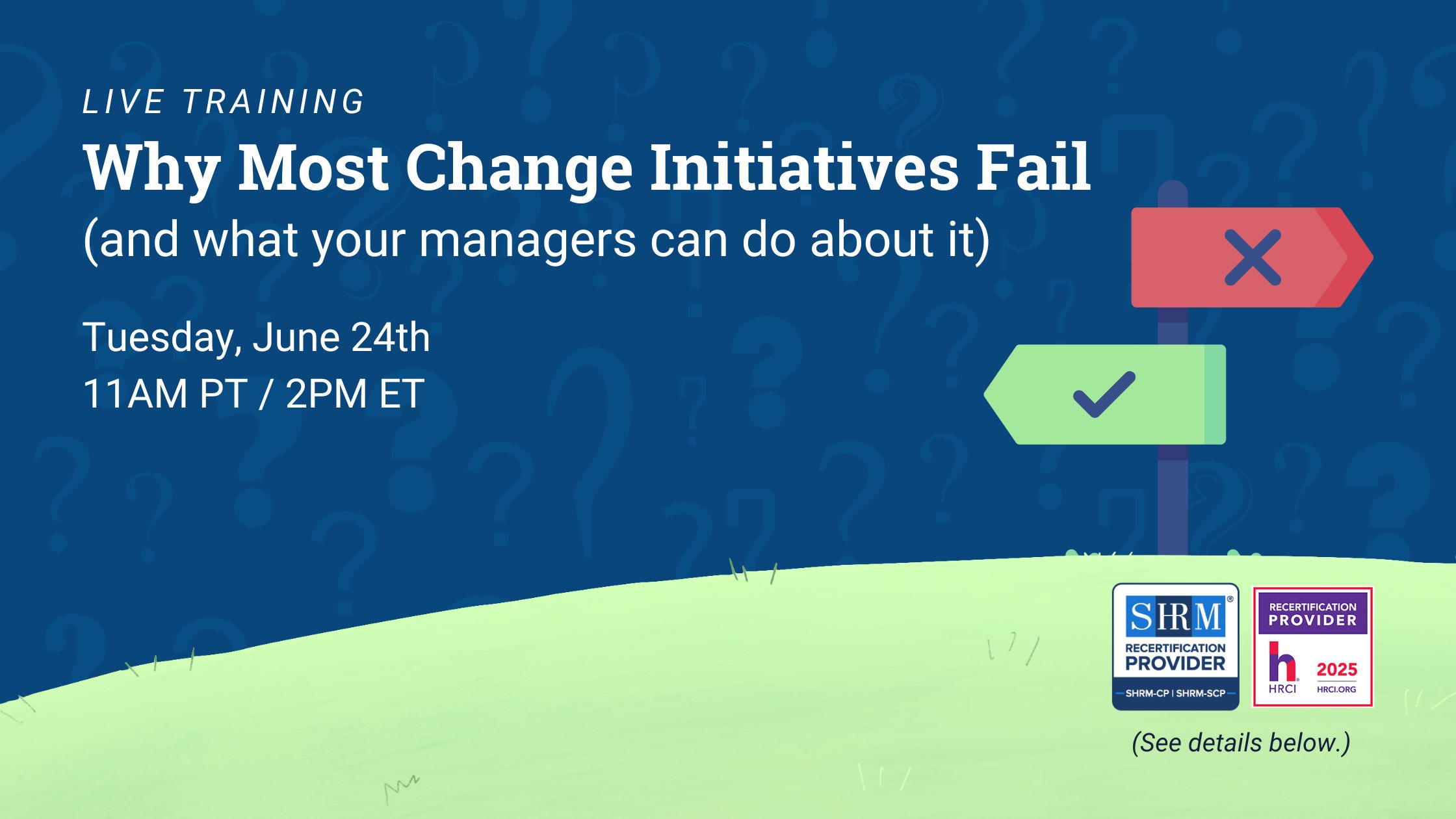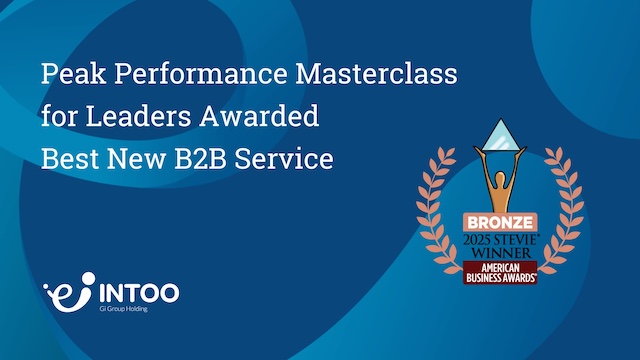The purpose of an interview is to get to know your applicant, but they’re also an opportunity to leave them with a positive first impression of you and your business. If you’re unfamiliar with holding interviews and what best practice is, you could make mistakes that negatively represent the company. The following tips will help you to conduct effective interviews and better understand your interviewee.
Prepare Ahead of Time
Being prepared for the interview can establish trust between the applicant and employer. Conducting yourself in a professional manner will help to convey dependability, which will shape the candidate’s first impression of your organization. You may wish to review all questions and talking points you have for the interviewee in advance, which could help you speak confidently throughout the meeting.
It’s also important to define your expectations before holding the interview. For example, companies can consider their desired personality traits in advance to know what to look for when meeting job candidates. Be sure to ask questions that help identify your wanted traits. This could include asking applicants how they would resolve conflict in a team, prioritize their work, handle customer complaints or what they hope to achieve while working for your organization.
Do Your Background Research
Familiarizing yourself with the interviewee is another key aspect of an effective interview. Being unsure about the applicant’s work history and accomplishments can make you look unprofessional. To avoid this, you could review their LinkedIn profile to explore their job history, work experience, volunteer work and endorsements.
Researching the candidate in advance will also allow you to identify any parts of the applicant’s resume you want them to expand upon. Questioning interviewees on previous work experiences can highlight their expertise in the field. It may also reveal extra information about their experience, skills or knowledge that distinguishes them from other applicants.
 Consider Who Else Needs to Be in the Room
Consider Who Else Needs to Be in the Room
While one-on-one interviews can be efficient, there are positions that may require a more lengthy interview process. Jobs that need specialized skills could benefit from having an in-house expert to check whether the applicant will be appropriate for the role. Interviews for jobs that span multiple departments can involve representatives from each relevant team within the company.
Including your team members in the interview provides additional benefits. The applicant gets a firsthand impression of their potential peers and workplace culture by interacting with the professionals in their desired department. The involved employees will feel valued by their employer because they’ll have a say in the organization’s operations.
Take Time to Explain the Job Role
During the interview, it’s important that you take the time to define what the job entails and your expectations. This is to make sure the interviewee is comfortable with handling the position’s responsibilities before they take the job. You need to be transparent about the duties they are expected to perform, or else you risk your newly hired employee becoming unsatisfied with their role at the company. Discussing the position in detail will clear any misconceptions the applicant may have about the role.
Covering each aspect of the position can help employers with multiple job candidates to differentiate their applicants based on their feedback. Your interviewees may have different amounts of experience handling certain tasks, so it’s important to note these differences to assist with the final decision on which person to hire.
 Allow the Candidate to Ask Questions
Allow the Candidate to Ask Questions
Interviews shouldn’t be one-sided conversations. Heavily guiding applicants through the meeting can prevent employers from understanding the interviewee’s personality and thinking style. By encouraging candidates to ask questions about the position and company, hiring managers can start organic discussions that are most beneficial to both parties. Engaging with the applicant can give you a better impression of how they will fit into the organization’s culture and interact with your current professionals.
The questions asked by the interviewee can reveal character traits that may distinguish them from other candidates. For example, people who inquire about the company’s available training programs and the potential for promotions are likely to be highly driven and committed to advancing their career.
It can be challenging for first-time interviewers to learn the best approach for interacting with job candidates, though they can drastically improve the quality of their interviews through careful planning and research. Employers can use the provided advice to confidently engage with applicants and make the most out of each interview. INTOO helps employers of all sizes with cost-effective solutions for every stage of the employee lifecycle, including candidate experience, career development, and outplacement services. Contact us to learn how we can make a difference for you and your employees.


 Consider Who Else Needs to Be in the Room
Consider Who Else Needs to Be in the Room Allow the Candidate to Ask Questions
Allow the Candidate to Ask Questions








